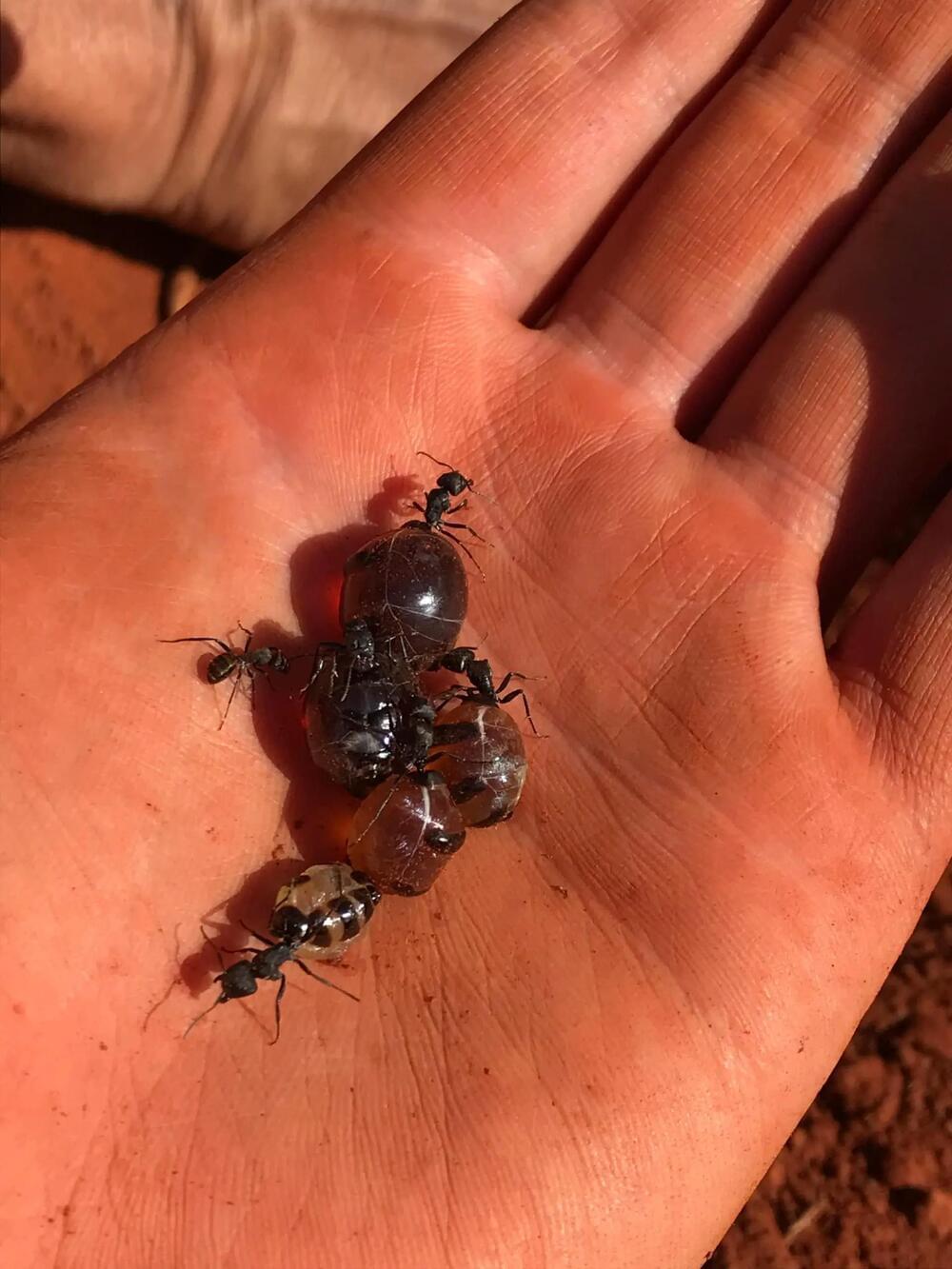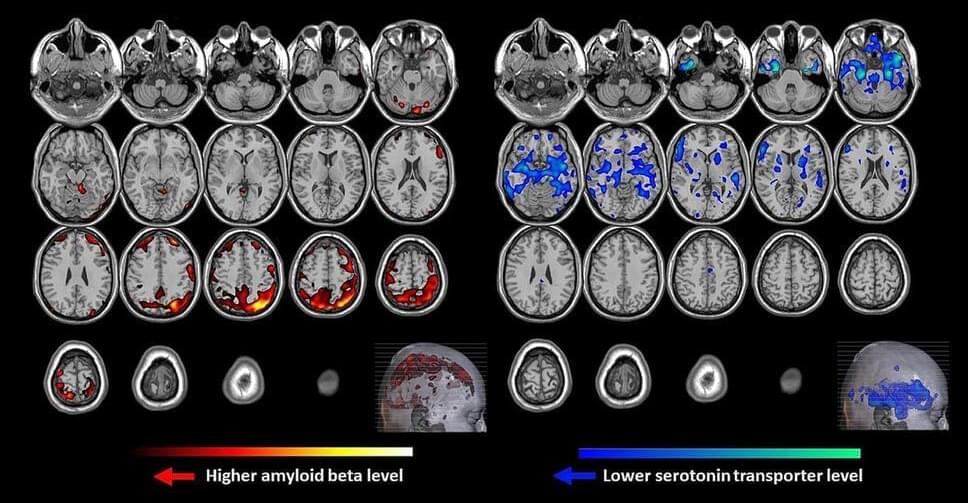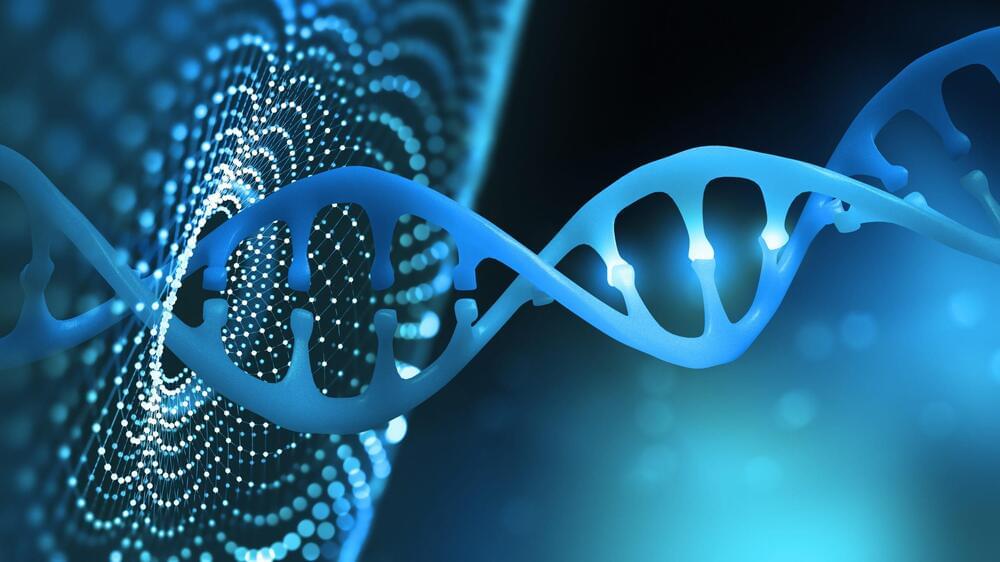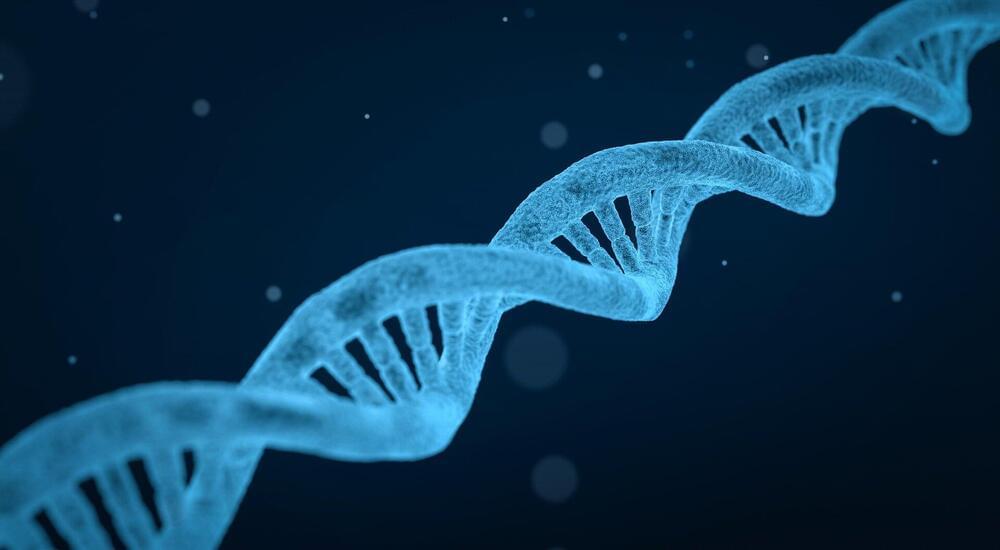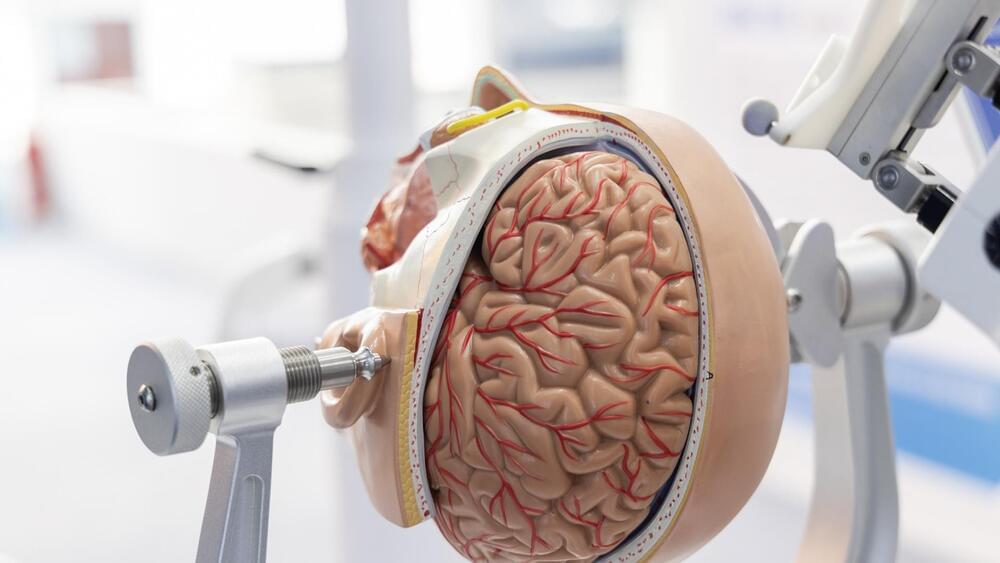Archive for the ‘biotech/medical’ category: Page 501
Sep 26, 2023
What’s Stopping Us From Building a Warp Drive?
Posted by Dan Breeden in categories: biotech/medical, innovation

Get a 7-day free trial and 25% off Blinkist Annual Premium by clicking here: https://www.blinkist.com/coolworldslab.
A faster-than-light (FTL) warp drive would arguably represent the most important invention of all time. In 1994, Miguel Alcubierre gave all of us hope as he found a solution within general relativity that would cause the necessary warping of space. But after nearly 30 years of further study, what does our current understanding of physics say about the feasibility of a warp drive?
Continue reading “What’s Stopping Us From Building a Warp Drive?” »
Sep 26, 2023
More research is examining how we carry the ‘genetic legacy’ of extinct human species
Posted by Genevieve Klien in categories: biotech/medical, genetics
And the answers point to a profound reality: We have far more in common with our extinct cousins than we ever thought.
Neanderthals within us
Until recently, the genetic legacy from ancient humans was invisible because scientists were limited to what they could glean from the shape and size of bones. But there has been a steady stream of discoveries from ancient DNA, an area of study pioneered by Nobel Prize winner Svante Paabo who first pieced together a Neanderthal genome.
Sep 26, 2023
Novo Clinches AI-Driven Drug Deal Worth as Much as $2.7 Billion
Posted by Genevieve Klien in categories: biotech/medical, health, robotics/AI
Novo Nordisk A/S agreed to partner with the US technology company Valo Health Inc. to use artificial intelligence to find new drugs in a deal that could be worth as much as $2.7 billion.
Sep 26, 2023
Scientists Discover That Australian Honeypot Ant Honey Possesses Unique Anti-Microbial Properties
Posted by Paul Battista in category: biotech/medical
Researchers have found that the honey produced by ants native to Australia possesses unique anti-microbial activity against bacteria and fungi that could make the liquid useful medicinally.
The study, which was recently published in the journal PeerJ, was led by Andrew Dong and Dr. Kenya Fernandes from the Carter Lab at the University of Sydney. The lab is under the guidance of Professor Dee Carter from the School of Life and Environmental Sciences and the Sydney Institute for Infectious Diseases.
The team studied the Australian honeypot ant, Camponotus inflatus, which is found throughout desert areas mainly in Western Australia and the Northern Territory.
Sep 26, 2023
Amyloid Beta and Serotonin May Be Keys to Predicting Who Develops Late-Life Depression
Posted by Shubham Ghosh Roy in categories: biotech/medical, neuroscience
Image from a Johns Hopkins Medicine study showing PET scans from brains of people with and without late-life depression. The brains of patients with late-life depression show more yellow to red regions (scans on the left), indicating higher amyloid beta protein levels, and more blue regions (scans on the right), indicating lower serotonin transporter levels. Both imaging measures are markers of late-life depression. Credit: Graphic adapted from Smith et al, Nature, Sept. 13, 2021.
Sep 26, 2023
Mosquitoes’ taste for blood is finally explained
Posted by Shubham Ghosh Roy in category: biotech/medical
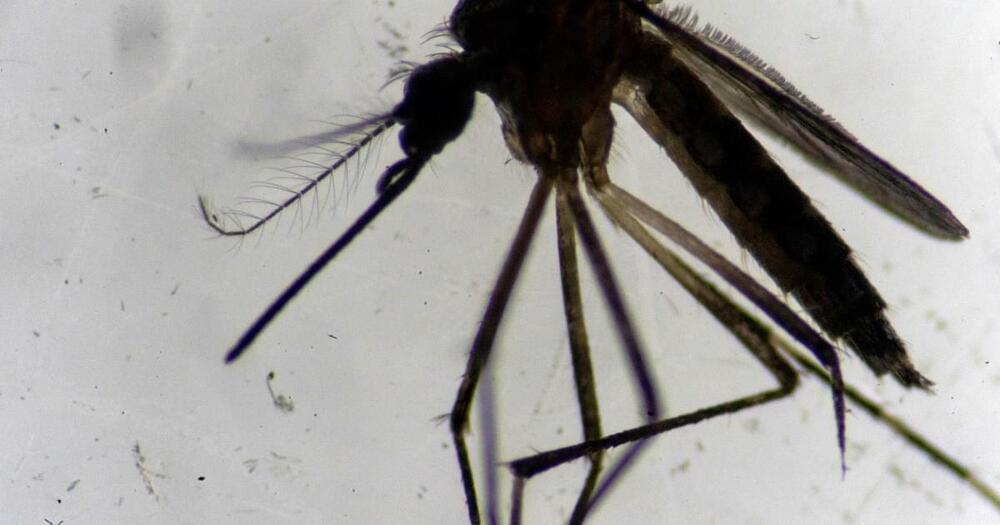
Mosquitoes can taste your blood using unique sensory abilities. Can we use that to keep them off us?
Sep 26, 2023
Using AI to find disease-causing genes
Posted by Shubham Ghosh Roy in categories: biotech/medical, genetics, robotics/AI
A new artificial intelligence program is helping scientists speedily sift through thousands of data sets and millions of papers to home in on genes that underly disease, drastically condensing a search process that once took months.
Using computer software, scientists can scan entire genomes, or an organism’s full set of DNA, of mice that model human diseases. The goal: to identify genetic mutations that cause those diseases and open new doors for scientists to better harness genetics to develop disease treatments, said Gary Peltz, MD, PhD, professor of anesthesiology, perioperative and pain medicine at Stanford Medicine.
But to do that, scientists must search through massive sets of genomic data, which yields more false positives than researchers care to admit. It’s also time intensive. Peltz wanted to make the genetic discovery process easier, faster and more accurate.
Sep 26, 2023
Researchers crack genetic code of rare kidney cancer
Posted by Shubham Ghosh Roy in categories: biotech/medical, genetics
The genetic code of a rare form of kidney cancer, called reninoma, has been studied for the first time. In a paper, published in Nature Communications, researchers at the Wellcome Sanger Institute, Great Ormond Street Hospital and The Royal Free Hospital also revealed a new drug target that could serve as an alternative treatment if surgery is not recommended.
There are around 100 cases of reninoma reported to date worldwide, and it is among the rarest of tumors in humans. Although it can usually be cured with surgery, it can cause severe hypertension or it can spread and develop into metastases. There are no existing medical treatments for reninoma and management involves surgery alone. Until now, it had been unknown what genetic error causes reninoma.
In the new study, a collaboration between the Wellcome Sanger Institute and Great Ormond Street Hospital and The Royal Free Hospital, researchers found that there is a specific error in the genetic code of a known cancer gene, NOTCH1, that is behind the development of this rare cancer.
Sep 26, 2023
This surgical robot can remove brain tumors from children
Posted by Shubham Ghosh Roy in categories: biotech/medical, robotics/AI
Surgeons at Boston Children’s Hospital have invented a new kind of surgical robot that is extremely adept at handling brain operations.
Kool99/iStock.
“We needed to use basically hollow arms,” DuPont explained to the magazine.
Continue reading “This surgical robot can remove brain tumors from children” »



